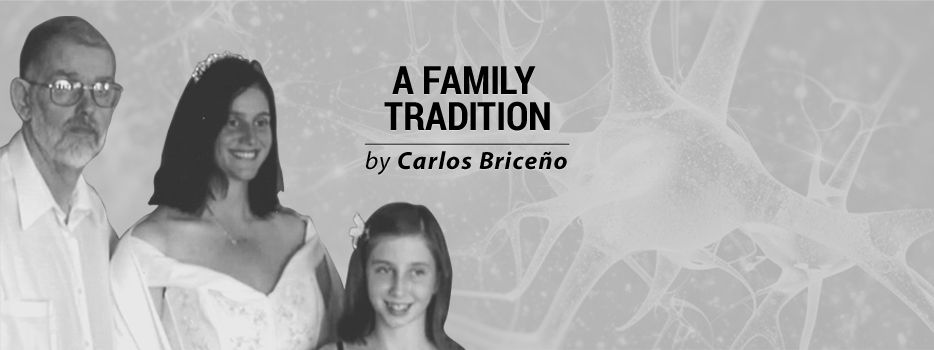Fasting as a Means of Solidarity
Written by |

When my sister died in a tragic accident a year ago, grief caused me to lose my appetite. As a result, over the next two months, I lost around 13 pounds. I found myself being content with one full meal a day.
Losing weight like that usually isn’t considered to be healthy. I figured that when my grief subsided over time, I would go back to my norm of eating three meals a day.
However, several months after her death, I decided to continue eating just one meal a day. In other words, I was going to fast.
As a Catholic, I’m used to fasting. Lent is a liturgical season that prepares Catholics for Easter and involves 40 days of fasting, prayer, and penitence. Two days — Ash Wednesday and Good Friday — are set aside for fasting. But I had never fasted for months like I have been doing since the beginning of this year.
My intentions for fasting are based on the concepts of self-denial and being in solidarity with my wife, Jill, and daughter, Alexus, who are both gene-positive for Huntington’s disease. One day, Jill and Alexus will have trouble eating due to the disease’s adverse effects on their cognitive, physical, and psychological abilities. They will be denied the ability to eat and enjoy food. Knowing this will occur breaks my heart.
Years ago, when my eldest sister was going through chemotherapy due to cancer, which she later died from, my brother-in-law did an amazing thing. He had his hair cut short in a crew cut. He did this because my sister was losing her hair due to the chemo — in other words, in solidarity. He didn’t want her to feel alone.
I admired and appreciated him for doing that. So, inspired by that memory, I’m fasting as a way to remember what Jill and Alexus will go through, and as as a reminder to be grateful for my health and the ability to eat, and for how wonderful they are. Finally, I’m doing it because of how fragile and precious life is.
It also focuses me on the importance of being their caregiver when their health starts to decline.
Here’s how Pope Francis put it during a homily for Ash Wednesday in 2014: “Fasting makes sense if it really chips away at our security and, as a consequence, benefits someone else, if it helps us cultivate the style of the good Samaritan, who bent down to his brother in need and took care of him.”






Leave a comment
Fill in the required fields to post. Your email address will not be published.